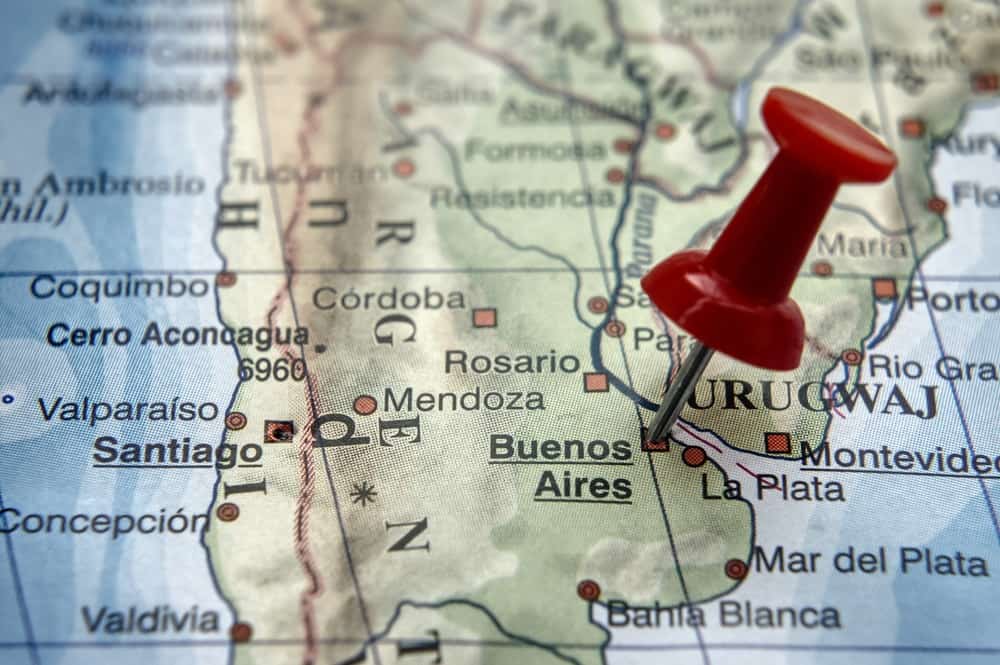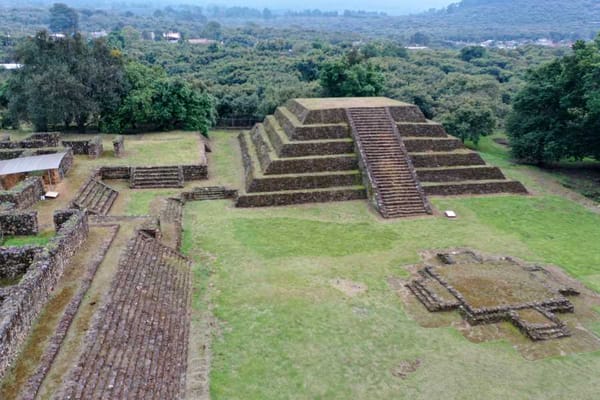In Argentina, 15 indigenous languages out of a total of 36 are still spoken
Throughout Argentina, there are 15 languages of indigenous peoples that are spoken today, among the 36 that the map "indigenous languages in the present".

Throughout Argentina, there are 15 languages of indigenous peoples that are spoken today, among the 36 that the map "indigenous languages in the present" presented at the National Congress of Indigenous Languages by the University Language Center recognizes, said its director, Roberto Villarruel. Those 15 languages have been kept alive to varying degrees, either because they were maintained by a small community or by tens of thousands of people, as is the case of Quechua.
In addition, there are nine other languages in recovery and 12 more extinct that cover the entire Argentine territory, although the majority accumulate in the north, especially in the provinces of Formosa, Jujuy, Salta, and Santiago del Estero, as well as in the province of Buenos Aires (east). In the international year of indigenous languages, established by the United Nations (UN) last January, the director of the CUI claimed that Argentina "is a multilingual country that is not homogeneous in its social makeup," because the presence of indigenous peoples is added to the European immigrant communities that arrived in the country since the late nineteenth century.
The predominant vision in this South American country, however, was based "on an idea of an empty territory, and in reality, there is the key to some social and political conflicts that persist in Argentina," Villarruel said. The prejudice that reinforces the idea of a homogeneous Argentina provokes "a certain tension between recognizing oneself as a purely white nation and a nation that in reality has in its blood and history a lot of presence of indigenous peoples, and that also has many important communities and many languages in force," Villarruel said.

Indigenous Preeminence
In the last official census conducted in 2010, 955,032 people were recognized as descendants of indigenous peoples in a country with more than 40 million inhabitants. "The census recognized communities that are in the territory and are considered descendants, but did not take into account urban centers," Villarruel said.
On the other hand, the methodology put into practice was questioned "because many people do not recognize themselves or do not know that they are descendants of indigenous peoples," said the CUI director. Although the belief persists that Argentina is mainly made up of descendants of European immigrants, in reality, it is the other way around: "the majority of the Argentine population has the blood of indigenous peoples," Villarruel said.
"The presence of indigenous descendants is very strong, added to the fact that there are now many speakers of native languages because many immigrants arrived from Bolivia, Peru, and Paraguay, where native languages are very widespread," he said.
Question of State
In the absence of a qualitative study promoted by the State that would deepen and update the social and ethnic composition of the country, academic circles, especially public universities, have begun to move in this direction with research and study programs.
A change in the Argentine Constitution in 1994 enshrined indigenous peoples as subjects of right, by admitting their ethnic and cultural pre-existence and recognizing community possession of the territories they inhabit, as well as encouraging their access to other lands and prohibiting, in any case, their alienation or the imposition of taxes.
"Since then there has been a process of growth and vindication, but the struggle with the State is very strong, overall the territorial claims with the provincial governments, and there is a component of discrimination in society, even though there is more and more acceptance in some cases, depending on which cities or regions," said the director of the CUI.
This scenario takes place in a context in which the last progressive governments in the region encouraged the recovery of the indigenous essence of their respective territories.
"There was a dynamic process of recovery of indigenous languages 10 years ago, coinciding with the rise of popular governments in Latin America, and enhanced by the bicentennial celebrations of Spain's independence," Villarruel recalled.
The movements were led by young people who did not speak the languages of their ancestors but who wanted to connect with their community and recover their roots, a process later reinforced by the universities.
The National Congress of Indigenous Languages, which is taking place in Buenos Aires until Thursday, was organized by CUI, the largest university institute of languages in Argentina.




